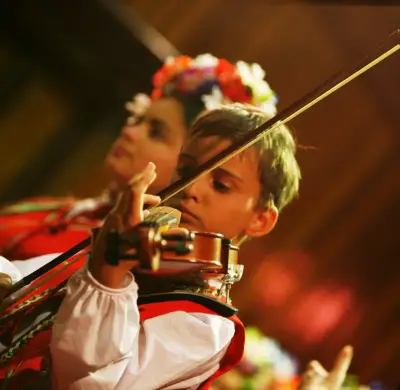Although Ukraine has now been an independent state for two decades, there is still conflict and controversy when it comes to language in the country. Russian was dominant for many years during the Soviet Union’s reign, and although Ukrainian is now spoken more widely the long lasting effects of Russian dominance are still clear. A recent protest saw Ukrainian activists clashing with riot police over a new language law introduced which has made Russian an official language in roughly half of Ukraine’s provinces. Many Ukrainians dislike the widespread use of Russian which is still prevalent in many service businesses such as restaurants. Many restaurants only offer menus in Russian and require their staff to speak Russian and not take orders in Ukrainian. In fact, a recent survey found that only about half of the restaurants checked offered Ukrainian-language menus, and in about half the wait staff would refuse to respond to orders in any language other than Russian – even if the order was made in Ukrainian.
Other statistics indicate that enrolment of Ukrainian students in Ukrainian language courses is hitting a long term low. 2012 is actually the first year that has seen a decrease in Ukrianian language university enrolments since Ukraine became independent. These trends seem to be a reaction to a pragmatic desire to make use of Russian, but they’re trends which are of great concern to many Ukrainian nationalists. Even so, a significant percentage of ethnic Ukrainians don’t count Ukrainian as their mother tongue, even though Ukrainian is the most widely spoken language in the country.
However, Ukraine is a country with many complex aspects in terms of ethnicities and languages – Russian and Ukrainian are not the only players involved. Two Ukrainian villages recently made Romanian an official language, as a large proportion of their inhabitants speak Romanian as their first language. This mix reflects the changes that have been made in national boundaries across Europe over hundreds of years. One of the regions in question only became part of Ukraine in 1940 as a result of the Ribbentrop-Molotov Pact.

